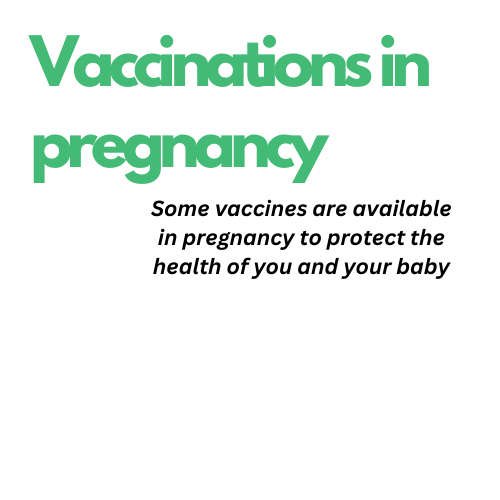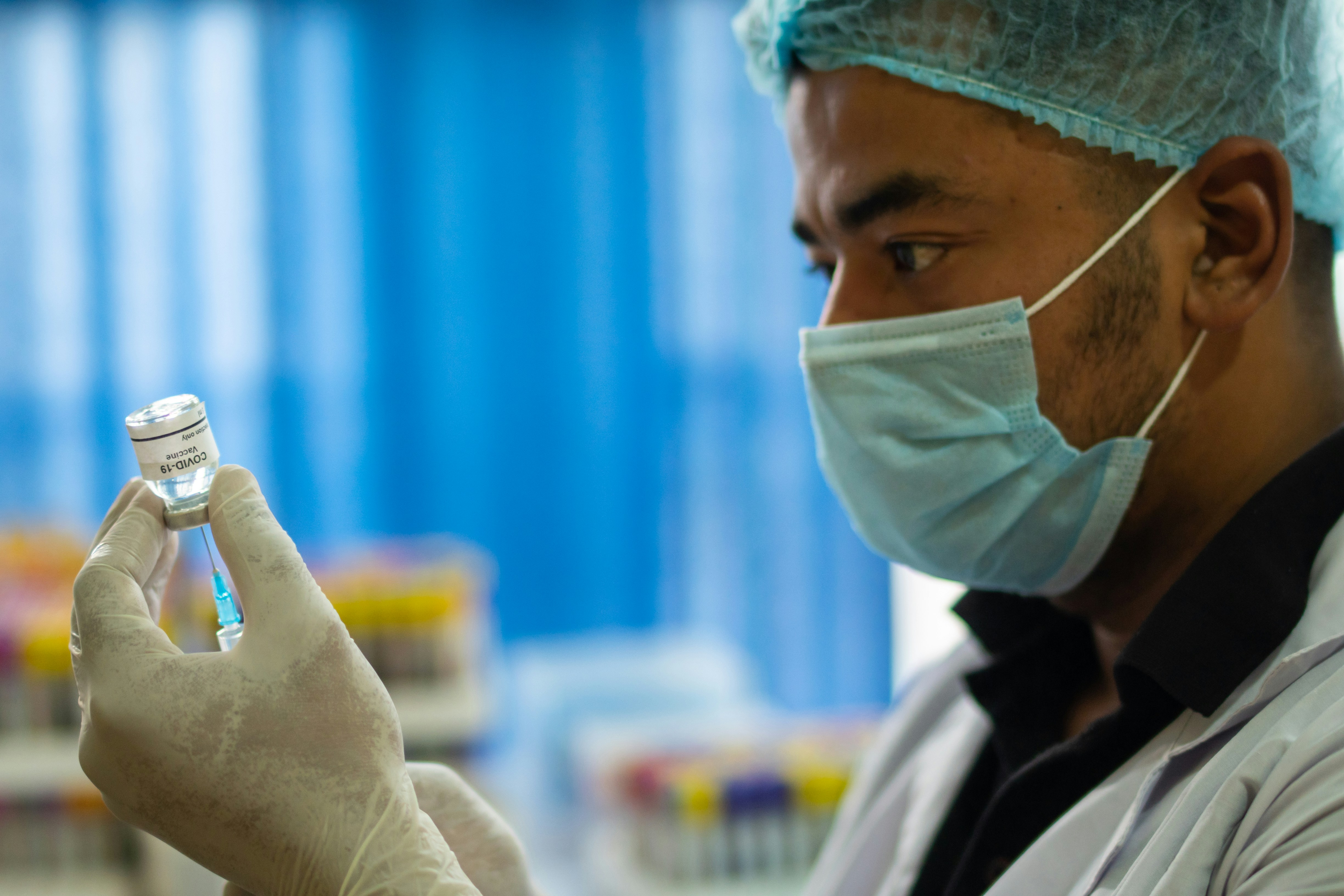Whooping cough can be a very serious infection, and young babies are most at risk of serious illness if they catch it.
The whooping cough vaccine is usually offered to pregnant women from 20 weeks of pregnancy, but you can have it from 16 weeks. The antibodies that the mother produces from the vaccine will pass on to the unborn baby, giving them high levels of protection against serious whooping cough illness, until they are able to have their own whooping cough vaccine at 8 weeks old.
To give unborn babies the best protection against whooping cough, pregnant women should have the vaccine before 32 weeks of pregnancy. If for any reason a pregnant women misses having the vaccine before 32 weeks, they can still have it later.
For more information about the whooping cough vaccine in pregnancy, please visit Whooping cough vaccination in pregnancy - NHS



